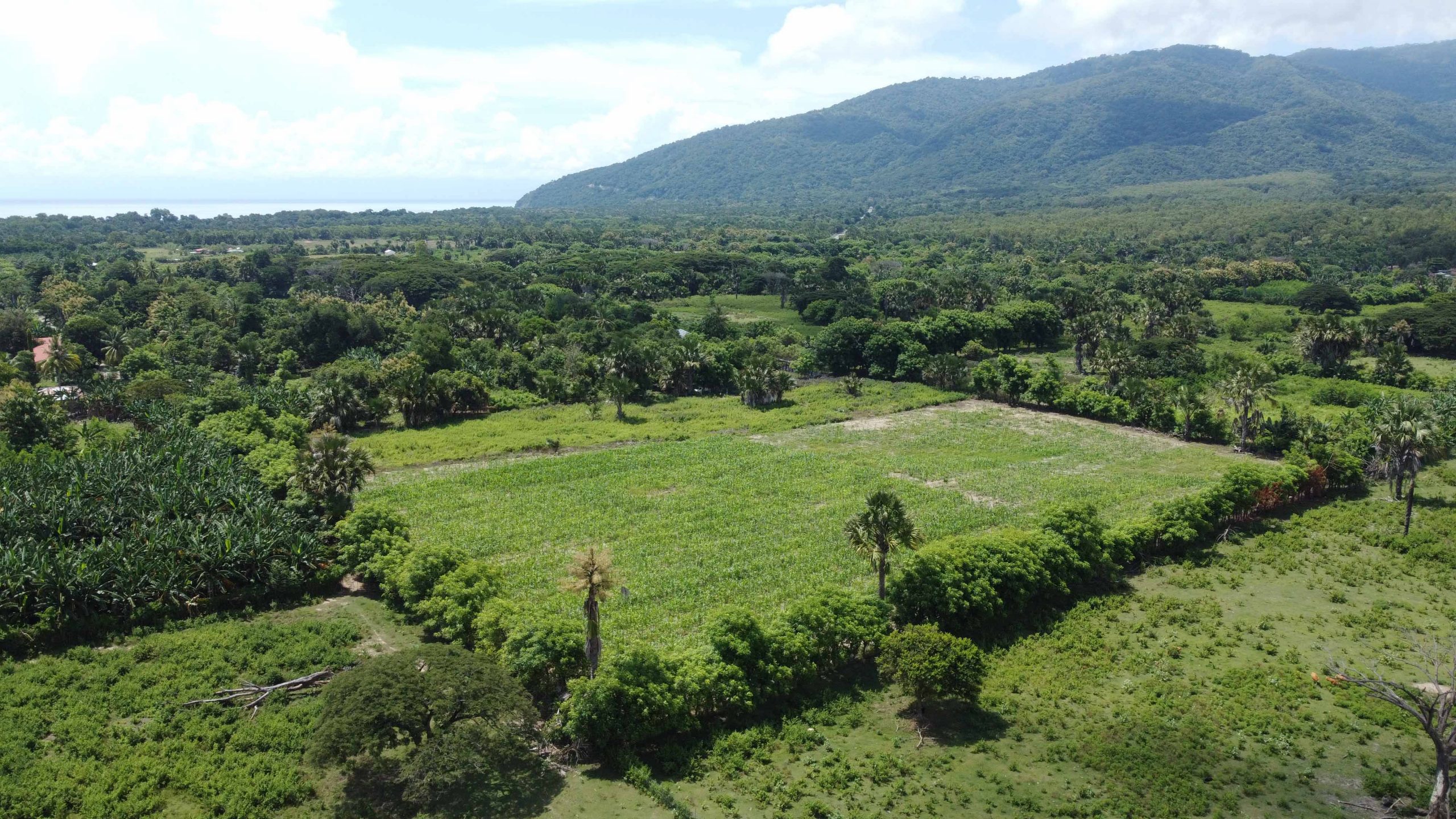Description
Healthy forests provide a wide range of ecosystem goods — such as food, feed and material — and services, such as biodiversity, provision of watershed and climate regulation, erosion prevention, crop pollination, soil fertility, and flood control. However, ongoing deforestation and land degradation threaten these ecosystem goods and services and the well-being of people who depend on them. Reforestation through climate-smart agroforestry has been implemented to improve degraded forests over the past decade, however, one of the challenges in promoting reforestation is the lack of credible data and knowledge of agroforestry-based models that suit the differing natural and socio-economic conditions in Timor-Leste.
This project aims to strengthen the country’s efforts for reforestation and sustainable forest management through development and dissemination of agroforestry-based reforestation models in parallel with i) institutional capacity development; ii) promotion of community-based natural resource management; iii) coordination and collaboration with Ministry of Agriculture and Fisher; and iv) strengthening of links with relevant groups and Asian Forest Cooperation Organization member countries for knowledge sharing at both the national and regional levels.
The project applies action research by establishing demonstration plots of agroforestry models in different climatic zones in Timor-Leste in addition to desk research for developing manuals on agroforestry development. The project is implemented in collaboration with local communities and at national level with the Directorate-General of Coffee, Forest and Industrial Plants.



























